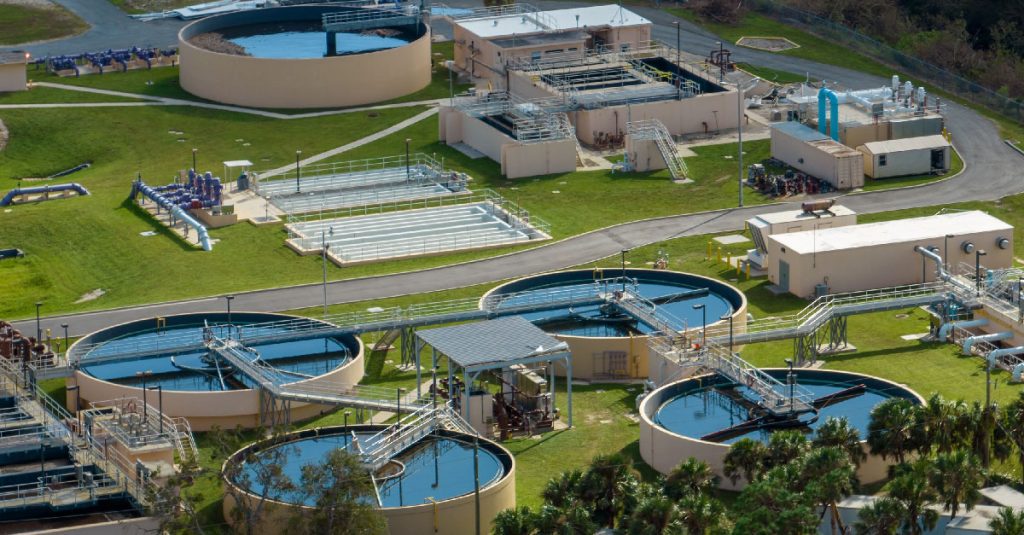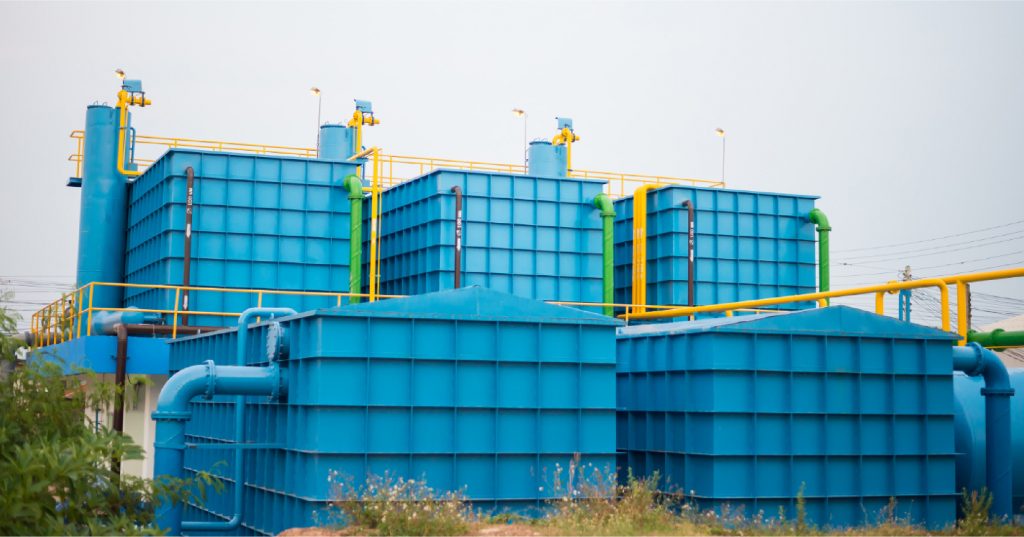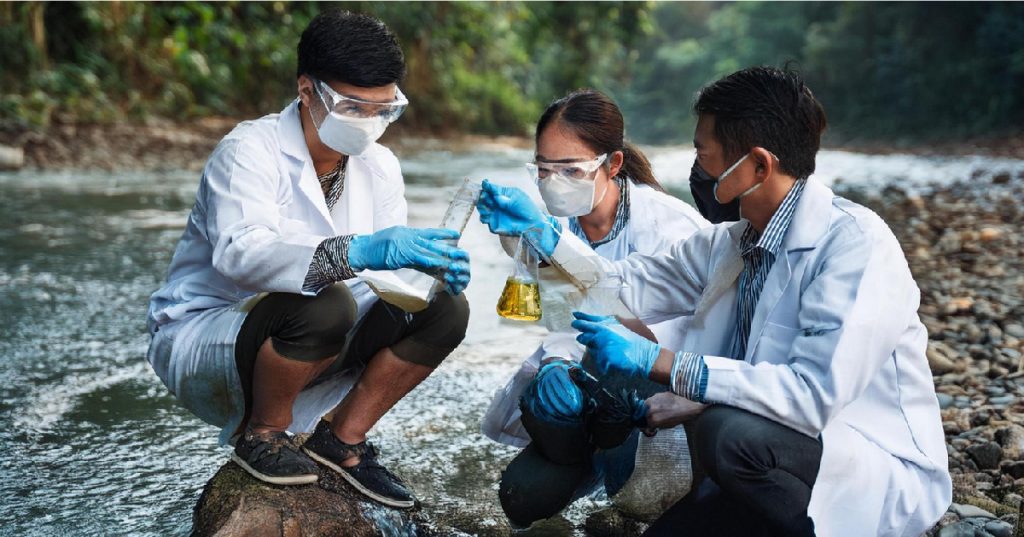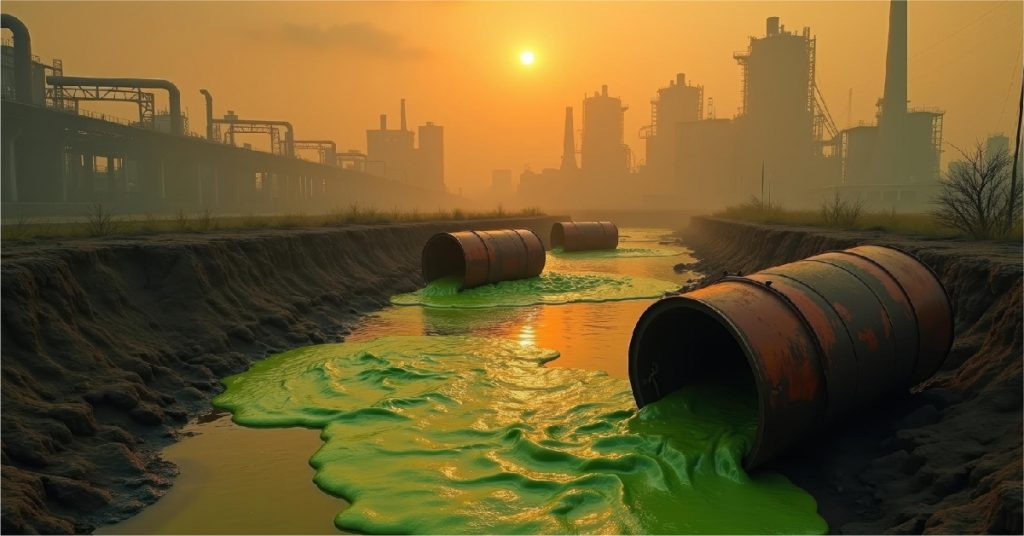Singapore is globally recognized as a pioneer in water management and sustainability. With its limited natural water resources, the country has invested significantly in advanced technologies for water treatment. Modern water treatment plants in Singapore leverage cutting-edge systems to ensure a reliable supply of clean and safe water for industries, households, and public utilities. This blog explores the innovative technologies that define these plants and explains what makes them essential to Singapore’s water sustainability goals.
What Is a Water Treatment System?
A water treatment system is a combination of technologies and processes designed to remove impurities from water, making it safe for use. It encompasses physical, chemical, and biological methods to treat water from various sources, such as rivers, reservoirs, or even wastewater. The ultimate goal is to produce water that meets stringent quality standards for different applications, ranging from drinking water to industrial processes.
Key Technologies in Modern Water Treatment Plants
- Membrane Filtration: Membrane technologies, such as reverse osmosis (RO) and ultrafiltration (UF), are widely used in Singapore’s water treatment plants. These systems efficiently remove contaminants like bacteria, viruses, and dissolved solids. Reverse osmosis, in particular, is integral to the production of NEWater, Singapore’s brand of ultra-clean recycled water.
- Advanced Oxidation Processes (AOPs): AOPs are highly effective in breaking down complex organic pollutants that conventional treatment methods might miss. Using a combination of oxidants like ozone, hydrogen peroxide, and UV light, these systems ensure water is free from harmful chemicals and pathogens.
- Activated Carbon Filtration: Activated carbon filters are a staple in water treatment plants for their ability to remove chlorine, volatile organic compounds (VOCs), and unpleasant tastes or odors. This technology plays a crucial role in preparing water for further purification steps.
- Desalination: Given Singapore’s reliance on seawater as a resource, desalination plants play a critical role. Using reverse osmosis and energy recovery technologies, these plants convert seawater into potable water efficiently and sustainably.
- Biological Treatment Processes: Biological treatment systems, such as aerobic and anaerobic digestion, are essential in managing organic pollutants. These processes harness the power of microorganisms to break down contaminants, particularly in wastewater treatment.
- Smart Monitoring and Automation: Water treatment plants in Singapore integrate Internet of Things (IoT) devices and advanced sensors to monitor water quality in real-time. Automation systems control critical parameters like pH, turbidity, and flow rates, ensuring optimal plant performance and minimizing waste.
Benefits of Modern Water Treatment Plants
- High Efficiency: Modern water treatment plants operate with advanced technologies that ensure high levels of efficiency. From removing minute impurities to recycling wastewater, these plants are designed for optimal performance.
- Sustainability: Water treatment plants in Singapore emphasize sustainability by incorporating energy-efficient technologies and water recycling systems. This approach reduces environmental impact and aligns with the nation’s goal of becoming a water-resilient society.
- Scalability: Advanced water treatment systems can be scaled to meet the growing demand for clean water in industries and households. This flexibility makes them an ideal solution for urban areas with fluctuating water needs.
- Improved Water Quality: By employing technologies such as reverse osmosis and advanced oxidation, water treatment plants ensure the production of high-quality water that meets stringent safety standards.
Ion Exchange: Innovative Treatment Methods to Purify Your Water
Ion Exchange, a leading company in the water treatment industry, offers innovative and sustainable solutions to address the challenges of modern water treatment methods. By leveraging advanced technologies, Ion Exchange provides efficient, cost-effective, and environmentally friendly water treatment solutions.
For more than six decades, Ion Exchange has been providing a complete range of products and solutions for the water treatment needs of industries, institutions, municipalities, homes, and communities (both urban and rural) globally. Our water treatment methods include a wide range of customized and pre-engineered water treatment plants for clarification, filtration, disinfection, process water treatment, and post-treatment to polish treated water, ensuring it meets critical quality requirements for various uses.
Raw water treatment is a critical aspect of ensuring clean and safe water through various water treatment methods. Our efficient raw water treatment systems and processes effectively address variations in turbidity, flow, and chemical volumes, eliminating suspended and colloidal solids, silica, iron, bacteria, and hardness to meet the required feed water quality. These comprehensive water treatment methods include aeration, coagulation and flocculation, clarification, filtration, and disinfection, each playing a vital role in enhancing water quality and making it safe for consumption and industrial use.
Our extensive range of standard packaged, industrial, and custom-built water treatment plants provides effective water solutions for boiler water treatment, cooling water treatment, and other process water applications. Utilizing advanced water treatment methods, we implement high-flow demineralization with a special regeneration technique for the treatment of turbine and process condensate in the thermal, nuclear, and process industries. Our comprehensive product lineup includes softeners, demineralization, nanofiltration, reverse osmosis, ultrafiltration, electro-deionization (EDI), and electrodialysis reversal (EDR). These state-of-the-art water treatment methods ensure optimal performance and reliability for various industrial needs.
Post-treatment processes are essential to condition treated water for its specific end use, and there are various types of post-treatment options depending on the plant conditions. Among the different water treatment methods, Ion Exchange offers an extensive range of post-treatment solutions tailored to meet your specific needs. These solutions include condensate polishing units, deaerators, sidestream filters, and an array of boiler and cooling water treatment chemicals. Products like condensate polishing units, deaerators, strippers, scrubbers, and specialized chemicals (O2, NH4, H2S, CO2, SOx, NOx, and VOCs) play a critical role in this stage. Additionally, sidestream filters, boiler water chemicals, cooling water chemicals, and chemical dosing systems ensure the water meets the required quality standards for its intended use, highlighting the importance of comprehensive water treatment methods.
Ion Exchange is the pioneer of potable water treatment solutions in India under our flagship brand, ZeroB. Our drinking water treatment methods offer a range of purifiers that utilize advanced technologies such as reverse osmosis, ultrafiltration membrane technologies, electro-chlorination, ozonation, and resins. These methods effectively purify both surface and groundwater, making it suitable for safe and healthy drinking. By combining these innovative water treatment methods, we ensure the highest standards of water quality for households and communities across the country.
Conclusion
Water treatment plants are indispensable to maintaining clean and safe water resources in Singapore. By following a structured process—from intake and screening to disinfection and distribution—these plants ensure that water meets quality standards for a variety of uses.
Understanding what a water treatment system is and how it works highlights the importance of investing in modern water treatment technologies and infrastructure. As Singapore continues to face challenges related to water scarcity and pollution, efficient water treatment plants will remain critical to the country’s sustainability efforts.





